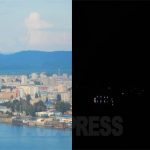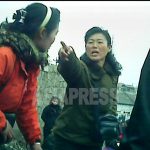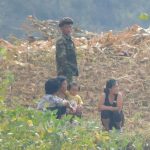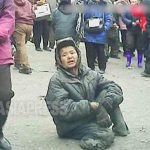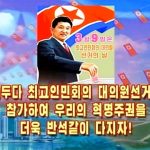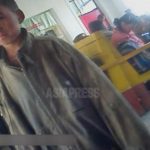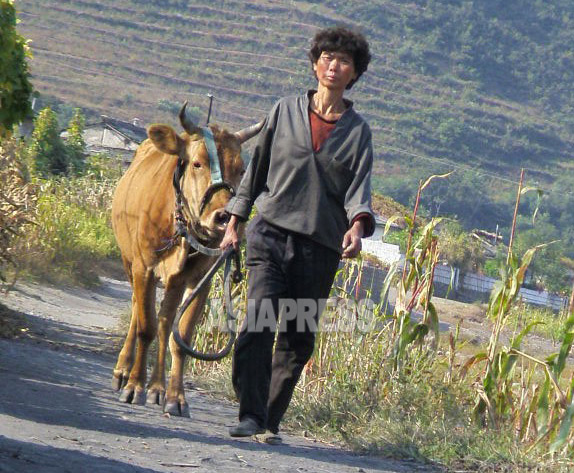
North Korean authorities are reportedly confiscating illegally operated private farmland ahead of the farming season and forcing people originally from rural areas to return to farming villages to work the land. Meanwhile, the government has issued general mobilization orders to rural residents, stressing the importance of agriculture this year, according to two reports from a reporting partner in North Hamgyong Province in February and March. (JEON Sung-jun / KANG Ji-won)
◆ Confiscating private farmland for collective farming
All land in North Korea is owned by the state, and most agricultural activity takes place on cooperative farms. However, the collapse of North Korea's rationing system in the 1990s led to the creation of large tracts of land across the country known as "small plots," where farmers and other residents near rural areas have cleared mountain slopes and stone fields to farm illegally.
In recent years, the authorities have cracked down on small plots, and this year they have launched a major crackdown on "small plots," according to a reporting partner who visited Farm A in late February. Farm A is a medium-sized farm in North Hamgyong Province with about 500 farmers.
The investigation into private illegal farmland is being organized by the Provincial Rural Economy Committee and the National Land Inspection Bureau, and the main target is "small plots."
※Provincial Rural Economy Committee: An administrative organization that comprehensively supervises and controls the agricultural activities of cooperative farms in each province.
※ National Land Inspection Bureau: An organization that protects and supervises the country's natural resources, including mountains, rivers, and fisheries.
"The goal is to survey all the surrounding small plots of land and decide whether to plant crops or create a forest. Even if the land is not assigned to the farm, it will be planted with low-growing crops (such as beans or peppers) for at least a year or two."
The intention seems to be to use the land as much as possible as farmland before the trees get too big.
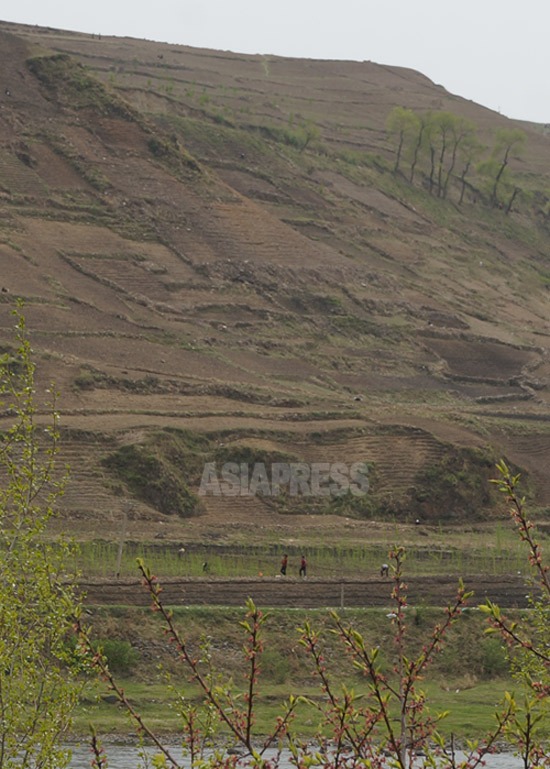
◆ Government identifies people leaving rural areas and mobilizes them to farming areas
The authorities also identify people leaving rural areas and return them to the countryside to expand the labor force that can work the newly acquired land.
In an effort to stem the flow of labor from the countryside, North Korea has implemented a de facto North Korea's version of the caste system that binds rural residents to the countryside for life, including their children and grandchildren. However, due to the poor conditions and difficulty of farming, farmers are treated as the lowest social class in the country, so it is every farmer's dream to somehow get out of the countryside. Some of them do, usually by joining the military and becoming officers, or for women, by marrying into families living in the cities. But leaving the countryside doesn't mean that people can erase their past. They are labeled for the rest of their lives as "people from the countryside." Currently, efforts are being made to find them and send them back to the countryside.
"Usually, two or three additional sub-work teams are created on the farms. The city labor department identifies those with rural connections and (forces) them to return to the countryside.”
※ Sub-work teams are the smallest unit of labor at collective farms and are made up of around 10 people.
◆ People are being mass mobilized to farms and companies are being forced to provide farming supplies
Every year, North Korean authorities use the slogan "farms are the priority" to encourage people to support farming communities. But this year, the government's push to encourage support for farming communities is much greater than in previous years, the reporting partner said.
"Normally, compost production ends in February, but this year they're continuing it until April. Workers (in non-agricultural industries) have been mobilized to farms since the beginning of the year, so it's as if they have become farm workers."
Notably, the authorities are demanding that agencies and enterprises at all levels take over surrounding cooperative farms and provide them with the fertilizer, pesticides, and agricultural equipment they lack.
"A factory that makes steel pipes is in charge of a farm in the area, and the workers there have been told to mobilize to help supply the farm. They are supporting the farm by making plows."
※ Steel pipe factory: Factories that bend steel plates to make pipes. These factories mainly produce pipes for use in heavy industrial equipment.
Given the government's tightening control over individuals' economic activities after the COVID pandemic began, the Kim Jong Un regime appears intent on increasing people's dependence on the state by preventing them from growing food on private plots of land. Meanwhile, the regime is increasing agricultural production to strengthen its control over the people by intensifying its control over the country's food supply.
※ ASIAPRESS communicates with its reporting partners through Chinese cell phones smuggled into North Korea.
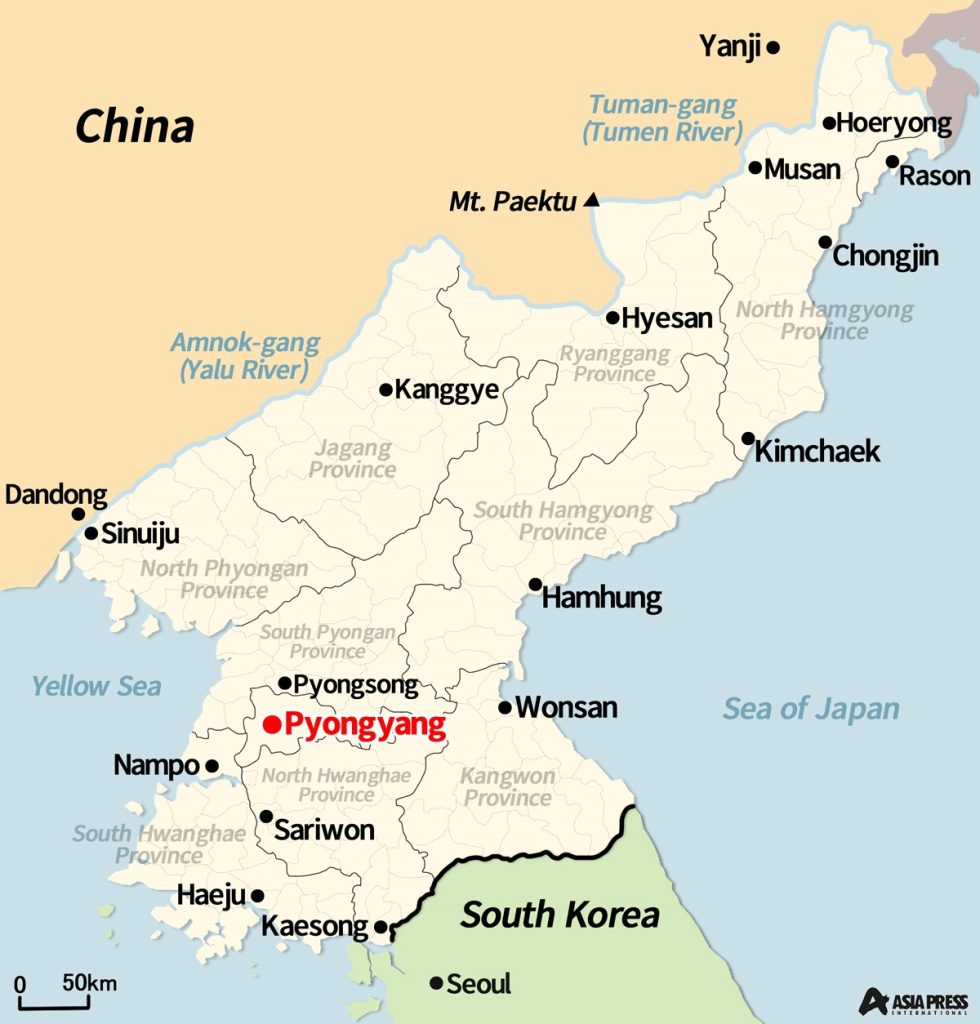
- <Inside N. Korea> 'National Unified Price System' implemented on domestic products...Stores are given booklet showing prices in new system… Government aims to tighten control over economy
- <Investigation>Why aren’t North Korea’s women having babies anymore? (1) The fertility rate is already severely low…It’s rare to see anyone carrying babies around
- <Investigation Inside N. Korea> A shocking situation...How are the neglected elderly faring? (1) Poverty-stricken elderly people live off begging and wander the streets
- <Inside N. Korea> Implementation of the large-scale restructuring of trading companies (1) Called “anti-socialist hotbeds,” government forces ‘bases’ of trading companies to close down and consolidate
- <Inside N. Korea> S.Korea is the enemy…Trends after Kim Jong Un’s “anti-unification policy” announcement (1) People are surprised and confused
